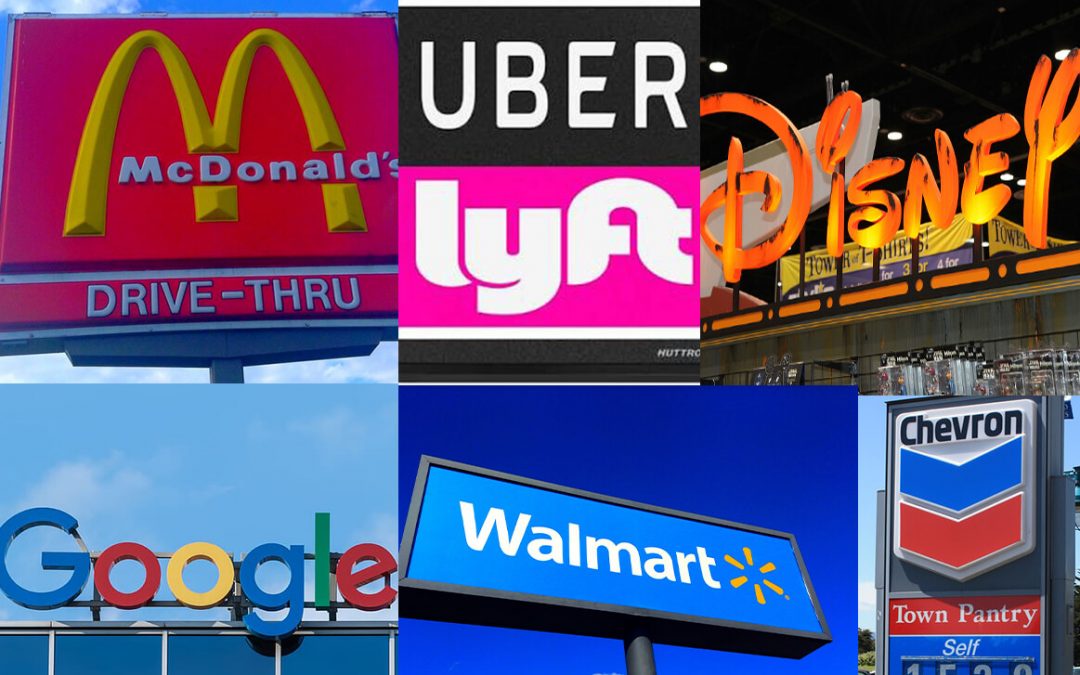
by Eric Price | Sep 7, 2021 | COVID, Force Page 2, Front Page, Page Five, Page Four, Page Three, Page Two, Perusals
Most Employers Plan to Require Vaccinations A majority of US companies are planning to require employee vaccinations within the next four months, according to a survey of nearly 1000 employers. So far, about 22% of employers in the US have some form of vaccine...


